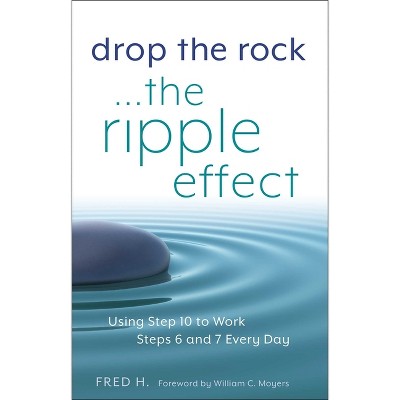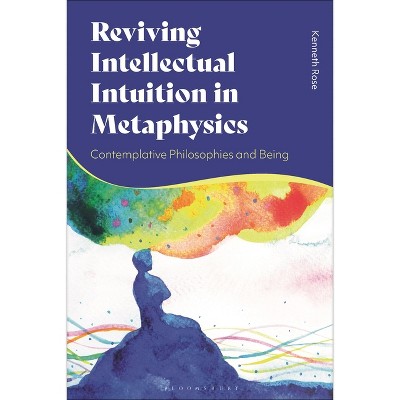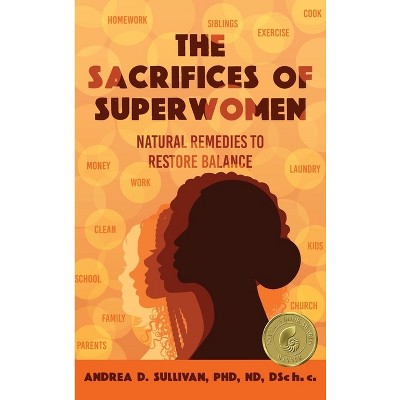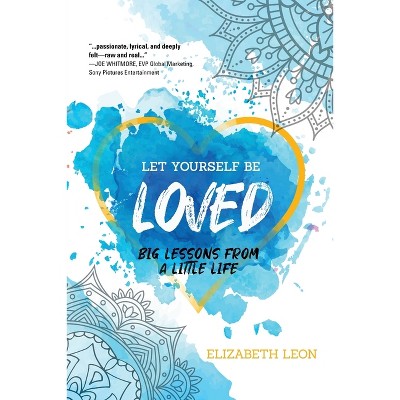Sponsored

The Ripple Effect - by Andrea Revell (Paperback)
In Stock
Sponsored
About this item
Highlights
- Nautilus award winner for books that make the world a better placeHow We Heal Ourselves - and the PlanetWhy are chronic diseases rising while ecosystems collapse?
- Author(s): Andrea Revell
- 330 Pages
- Body + Mind + Spirit, Healing
Description
Book Synopsis
Nautilus award winner for books that make the world a better placeHow We Heal Ourselves - and the PlanetWhy are chronic diseases rising while ecosystems collapse? Why do our personal health crises echo the climate crisis? The Ripple Effect reveals how healing ourselves is inseparable from healing our planet.
Dr. Andrea Revell draws on systems thinking, ecotherapy, and holistic health to show how small lifestyle shifts - from eating better and moving more to reconnecting spiritually with nature - create ripples of change. This book blends science, stories, and practical steps to restore both personal and planetary wellbeing.
You'll discover:
- How mindsets, relationships, and environment shape your health
- The hidden links between trauma, disconnection, and chronic disease
- Simple practices for healing yourself and the earth at the same time
This Nautilus Award-winning guide is more than a book - it's a roadmap for transformation.
Review Quotes
2025 Nautilus Book Awards Silver Winner: Health, Healing & Wellness
2025 Next Generation Indie Book Awards Finalist: Mind, Body & Spirit
"This book offers a unique systemic approach to health, integrating the biological, psychological, social, environmental, and spiritual dimensions of well-being. It acknowledges the interdependence of the major problems of our time, seeing them all as problems of health. The author lucidly demonstrates the deep interconnectedness of all life, the important links between individual and planetary health, and the critical relationship between well-being and sustainability. This is an inspiring and tremendously hopeful book." -Fritjof Capra, coauthor of The Systems View of Life
"Once we understand the deep implications of the truism that 'we are all microcosms of the macrocosm' then we can begin the process of healing ourselves and healing the Earth. In her timely new book, The Ripple Effect, Dr Andrea Revell explains how, through systems thinking, we can relinquish the 'illusion of separation' and recognize that we can each play a creative role in this vitally important regenerative undertaking." -Lorna Howarth, former editor of The Resurgence and Ecologist magazine and author of Sandpaper for the Soul
"The Ripple Effect is one of the most important books for optimizing the human experience. This is a clear and detailed guide of where we have gone wrong and how we can go right with living healthily and harmoniously on the planet. For anyone who cares about our world it's a must read." -Tom Cronin, Founder of Zen Academy and bestselling author of The Portal
"The Ripple Effect is a breath of remarkably fresh air. Andrea shifts the paradigm from the treatment of illness to the pursuit of good health, and in doing so unfolds the connections between our personal health and our social interactions, the state of our planet, and our search for meaning and purpose."-Shakti Saran, systems thinking consultant, Cornell University
"At first glance The Ripple Effect appears to be about two sets of crises which are defining the 21st century: environmental destruction and the rise of chronic disease. This book cogently expresses that, at their heart, they are symptoms of the same issue-the unhealthy relationship between the social and natural world. Drawing on the latest scientific evidence with insights from Eastern philosophy, Revell constructs an enlightening narrative which describes this relationship from the individual scale, where we are neglecting the four pillars of health, to the planetary scale, where we are exceeding planetary boundaries."-Dr. Sam Hampton, Zero Emissions Enterprise, Oxford University
Shipping details
Return details
Frequently bought together



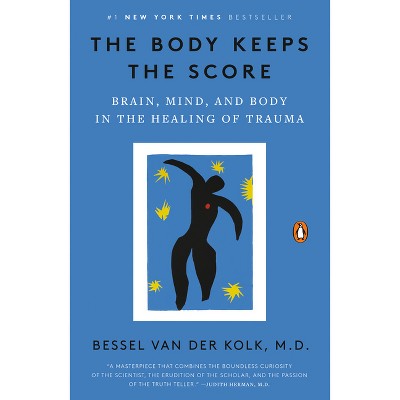
Trending Diet, Health & Fitness Books




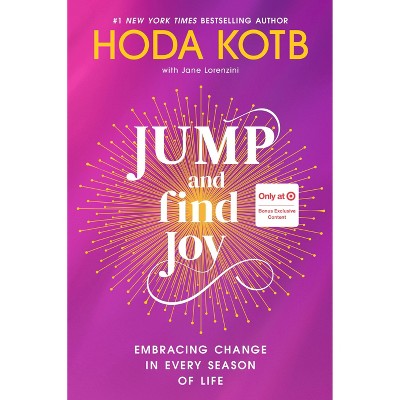

Discover more options
